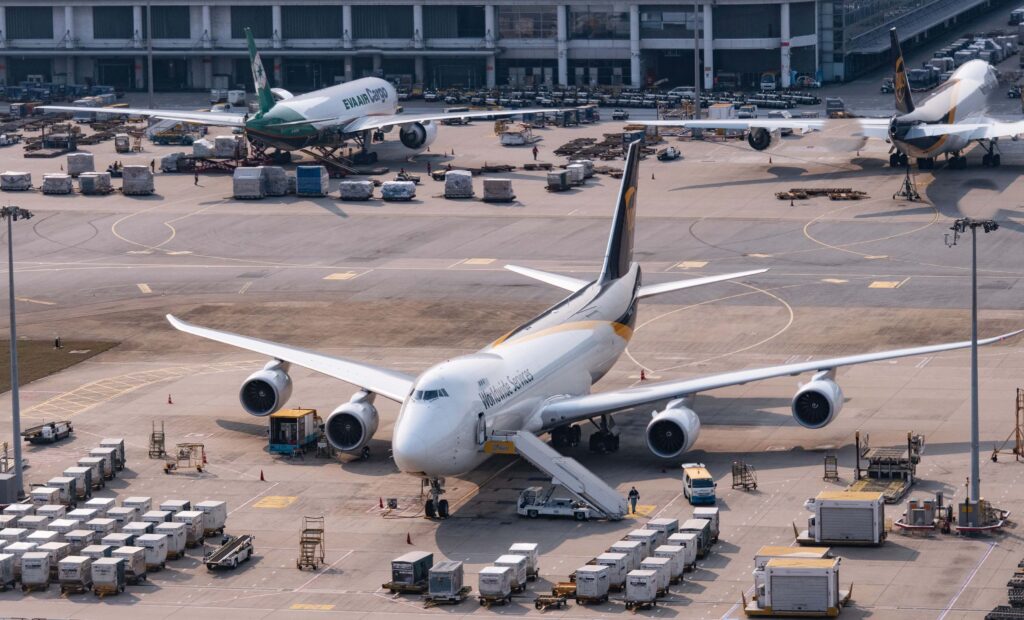The International Air Transport Association (IATA) has released its April 2022 air cargo market analysis, reporting a decline in global air cargo demand as well as reduced capacity.
According to the report, global demand measured in cargo tonne-kilometers (CTKs) fell 11.2% in In April 2022 compared to April 2021, and international operations dropped 10.6% during the same period.
“Global demand is down 1% compared to April 2019,” IATA noted.
Indicators
According to IATA, the drop, which created a “challenging operating backdrop”, can be attributed to the effects of Omicron in Asia and the Russia–Ukraine war.
The association highlights that the war in Ukraine resulted in the decline of cargo capacity of “key cargo players” from Russia and Ukraine-based operators that used to serve European market.
These challenges were further attenuated by China’s zero-COVID policy and flight cancellations resulting from labor shortages.
IATA noted that “The lockdowns have brought much of the world’s largest port, Shanghai, to a standstill,” as the global goods trade declined as a result of China’s slowing economic growth.
“Capacity was 2% below 2021 (+1.2% for international operations),” said IATA. “Both global capacity and international capacity decreased slightly in April [2022] compared to March [2022]. Asia experienced the largest falls in capacity.”
Willie Walsh, IATA’s Director General, said: “The combination of the war in Ukraine and COVID-19 lockdowns in China have pushed up energy costs, intensified supply chain disruptions, and fed inflation.”
“The operating environment is challenging for all businesses, including air cargo. But with China easing lockdown restrictions, there is cause for some optimism and the supply/demand imbalance is keeping yields high,” Walsh added.
IATA also highlighted the decline of “new export orders” (which the association describes as a leading indicator of cargo demand and world trade) in all markets except the US.
Regional performance data
According to IATA, Asia-Pacific airlines saw air cargo volumes decrease by 15.8% in April 2022 compared to the same month in 2021. This was the weakest performance of all regions and significantly slower than the previous month.
European carriers saw a 14.4% decrease in cargo volumes in April 2022 compared to the same month in 2021, while Middle Eastern carriers experienced a 11.9% year-on-year decrease in cargo volumes in April. African airlines saw cargo volumes decrease by 6.3% in April 2022 compared to April 2021, the association added.
North American carriers reported a 6.6% decrease in cargo volumes in April 2021 compared to April 2021 but noted that routes such as Europe-North America remained strong, posting an increase of 5.2% compared to April 2021.
Latin American carriers reported an increase of 40.9% in cargo volumes in April 2022 compared to the 2021 period. This was the strongest performance of all regions. IATA attributed the result to the increasing optimism of airlines in the region, which have introduced new services, enhanced capacity, as well as investments into additional aircraft for air cargo.

